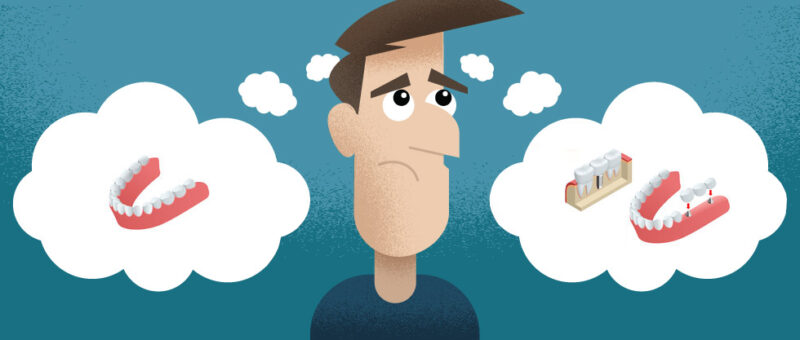The truth about what is really causing your headaches or migraines
 Do you suffer from headaches or migraines? Are they a rare occurrence or chronic and severe? Do you normally dismiss your pain and blame it on stress or allergies?
Do you suffer from headaches or migraines? Are they a rare occurrence or chronic and severe? Do you normally dismiss your pain and blame it on stress or allergies?
While these are often triggers of headaches, your pain may actually be caused by something else. If you have chronic headache pain or migraines that are accompanied by other symptoms, including a tender jaw joint, neck pain, dizziness, or ringing in the ears, then you may have a TMJ disorder.
How can TMJ be responsible for my headache pain
Everything is connected, so if one part of your body is out of sync, it can affect other related areas. In this instance, the temporomandibular joint links your lower jaw to the upper part of your skull, specifically the temporal area situated in front of each ear.
This joint is then connected by a disc, as well as other ligaments and muscles, including the larger temporalis muscle. This fantastic and intricate piece of anatomy is what enables your jaw to move up and down or side-to-side when you chew, talk, yawn or make facial expressions.
The muscles and jaw joint are also connected to the way you bite, however, and if your bite moves even the slightest bit out of alignment it can create additional stress on your jaw joints and other connective tissue. The precise action of biting down and closing your teeth together determines your jaw position, and that position is held in place by your muscles. If these muscles are persistently fatigued by a misaligned bite, it can cause a number of related symptoms, including:
- Facial spasms
- Jaw joint pain and fatigue
- Neck pain
- Headache pain or migraines
- Tinnitus, more familiarly known as “ringing in the ears”
How can you find out if TMJ is causing my headache or migraine pain?
Start a headache journal and note what precipitates your pain. Were you grinding your teeth, chewing gum or clenching your jaw together? These are all actions that may lead to TMJ, as well as muscle and headache pain. If you have any combination of these symptoms, you may want to make an appointment to consult with a neuromuscular dentist.
Where can you learn more?
Discover more about how TMJ symptoms are related to headache or migraine pain when you download our free e-book.


